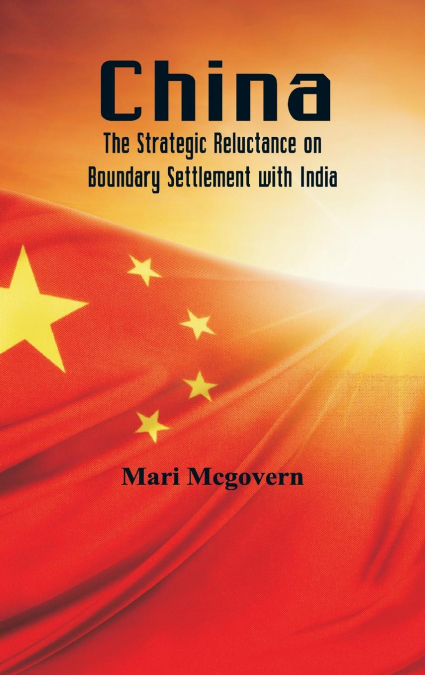
Mari Mcgovern
China and India have had an uncertain relationship all through the 20th century and up to the present day. During the anti-colonial period, many Chinese and Indians were inspired by each other; Tagore, for instance, had a major influence in China. But there was also an undercurrent in Chinese radical thinking of abhorrence at the Indian loss of independence and subservience to the British. India’s fate was an example of what China had to struggle to avoid. China’s past and contemporary rigidity on claiming the whole of the Indian State of Arunachal Pradesh as Chinese territory arises significantly from the strategic importance of this region in relation to China and its hold on Tibet. On the eve of Chinese President Hu Jin Tao’s visit to India in 2006 the then Chinese Ambassador to India in a manner that was diplomatically abrasive, unwise and arrogant startled the Indian policy establishment by public assertions that the whole of Arunachal Pradesh was part of China. Tensions are partly to do with to historic disagreements over borders demarcations drawn by past colonial authorities. But Beijing and Delhi have typically adopted an “agree-to-disagree” policy over their 3,500 kilometer border, much of which each nation contests. Now, however, Indian hawks are calling on Delhi to “contain” an allegedly expansionist China, which many say successive Indian governments have failed to do. There is scant evidence of coherent stance yet, however. As noted earlier, both China and India are strategic allies of Europe so taking sides would come as a detriment in some fashion. “The European embassies in New Delhi are still in a wait-and-watch mode, and unlike the U.S., have not spoken at all so far,” Shairee Malhotra, associate researcher at the European Institute for Asian Studies, told me last week before the two nations agreed to pull back their troops. As the book addresses this crucial issue quite deftly, it is hoped that it would prove to be a source of great information for the reader.